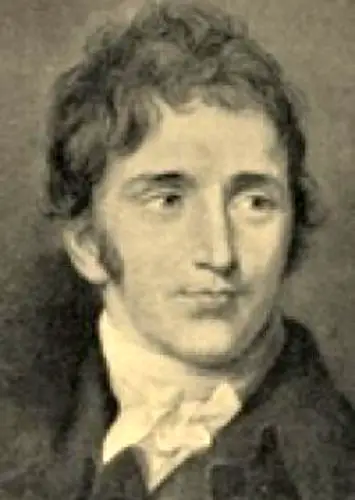This proverbial saying is different to most other, more metaphorical, maxims. It conveys the inevitability of the literal truth that, the richer you are the more relatively rich you become and, for the poor, vice-versa.
The rich get richer and the poor get poorer
What's the meaning of the phrase 'The rich get richer and the poor get poorer'?
What's the origin of the phrase 'The rich get richer and the poor get poorer'?
At first sight it may seem that this proverb has its origins in the Bible. The verse Matthew 25:24–30, known as The Parable of the Talents, says this:
For unto every one that hath shall be given, and he shall have abundance: but from him that hath not shall be taken away even that which he hath.
However, that parable is an exhortation to make use of whatever talents you are provided with and by doing so increase the overall total of riches. The ‘rich get richer…’ proverb is different as it points out the unfairness of such an approach.
In early 19th century England there was an ongoing debate amongst the intelligentsia centred on the balance to be struck between policies which increased national economic success and those which were ethical and fair. The political theorists Jeremy Bentham and John Stuart Mill argued for fairness and ‘the greatest good for the greatest number’. Many politicians preferred the biblical ‘Parable of the talents approach’.
Enter, stage left, Percy Bysshe Shelley. He broadly agreed with Mill and Bentham, although his recipe for the greatest good was for people to be guided by aesthetics, arguing that art, especially poetry, showed us the way to a moral and uplifting life and should be paramount in the thoughts of politicians.
In his essay A Defence of Poetry, which he wrote in 1821, he said:
They [the ‘promoters of utility’, that is, the followers of the Parable of the Talents approach] have exemplified the saying, ‘To him that hath, more shall be given; and from him that hath not, the little that he hath shall be taken away.’ The rich have become richer, and the poor have become poorer.
Shelley can’t quite be said to have originated the ‘rich get richer and the poor get poorer’ proverb. He was stating a historical fact that the rich had become richer etc. What the proverb conveys is the inevitability of that situation, that is, the the rich will always continue to get richer and the poor poorer. That concept didn’t begin to appear in print until the later 19th century, after Shelley had died. It may be though that Shelley’s essay, which wasn’t published until 1840, influenced those who used the proverb in its present form. The earliest example I know of of that is from The New York Daily Herald, April 1846:
All who believe it to be a bad state of society where the rich get richer and the poor poorer… are requested to meet in the Park on Thursday April 9.
This fairness versus efficiency debate has never been settled and is an ongoing difference of approach between the left and the right in politics around the world. In the 1980s and 90s both the USA and the UK had leaders (Reagan and Thatcher) who favoured the biblical Parable of the Talents prescription, arguing that the rich getting richer was a benefit to all by a mysterious and, as is turned out, illusory, process by which wealth trickled down from the rich to the poor.
In a UK parliamentary debate about wealth inequality Thatcher derided a liberal questioner thus:
He would rather have the poor poorer, provided that the rich were less rich. That is the Liberal policy.
‘The rich get richer and the poor get poorer’ was never more literally true. Whatever your view about what should be done about it, it is a fact that relative wealth inequality widened considerably worldwide during the 20th century and continues to do so at an accelerating pace in the 21st.
See other English Proverbs
Related phrases and meanings
Browse more Phrases
About the Author

Phrases & Meanings
A-Z
A B C D E F G H I J K L M N O P Q R S T UV W XYZ
Categories
American Animals Australian Bible Body Colour Conflict Death Devil Dogs Emotions Euphemism Family Fashion Food French Horses ‘Jack’ Luck Money Military Music Names Nature Nautical Numbers Politics Religion Shakespeare Stupidity Entertainment Weather Women Work
How did we do?
Have you spotted something that needs updated on this page? We review all feedback we receive to ensure that we provide the most accurate and up to date information on phrases.
